Cheap Chinese goods are flooding Europe due to China's overproduction, causing the West to worry about the possibility of a new trade conflict with Beijing.
Swiss solar panel maker Meyer Burger said it would have to close its German factory if the government did not provide financial support as it faces competition from China. CEO Gunter Erfurt accused rivals of deliberately lowering prices in Europe far below production costs.
“They can do this because the solar industry has been strategically subsidized with hundreds of billions of dollars over many years,” he said.
Cheap Chinese goods flooding Europe due to the country's overproduction are opening up new competition in the West's trade war with Beijing, following the US-China trade war in 2018.
Therefore, the European Union (EU) is increasingly increasing trade defense policies against the global impact of China's debt-based and production-focused development model, according to Reuters .
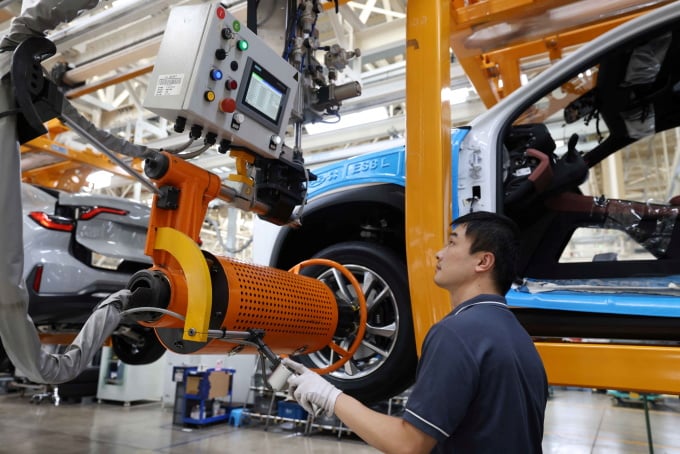
Employees work on an electric vehicle production line in Hefei, Anhui province on August 28, 2022. Photo: Reuters
Last year, Chinese policymakers outlined plans to turn domestic demand into the country’s new growth engine, which would help the world’s second-largest economy wean itself off its reliance on infrastructure and real estate.
But the support resources ended up being shifted from real estate to manufacturing, rather than household consumption, raising concerns about overcapacity. Now, after overproduction of steel, the country has expanded into high-tech goods and electric vehicles.
Pascal Lamy, a former head of the World Trade Organization and now a professor at the China International Business School in Europe, warned that China's approach would lead to more trade conflicts. "This is not sustainable. Excess capacity will definitely cause problems," he said.
Trading partners are fighting back. Washington has imposed tariffs on Chinese goods and sought to block Beijing’s access to high-tech semiconductors. At the same time, the US is increasing investment in domestic infrastructure and industry.
The Economist Intelligence Unit predicts that China’s battery production capacity will exceed demand by four times by 2027, despite the country’s growing electric vehicle industry. The EU is investigating electric vehicles and looking to reduce its dependence on China for raw materials and products needed for its green transition. In response, Beijing has launched an anti-dumping investigation into European spirits.
India has imposed anti-dumping duties on some steel in September 2023 and added trade barriers to Chinese autos.
Michael Pettis, a senior fellow at Carnegie China, estimates that if China’s GDP grows by 4-5% per year over the next decade, its share of global investment will rise from 33% to 38%. At the same time, its share of global manufacturing will rise to 36%-39%. This means that other major countries will lose their share of investment and manufacturing.
“The US, India and the EU will find it difficult to accept this scenario,” Pettis commented.
Moreover, to maintain high levels of investment over the next decade, the world's second-largest economy will have to borrow more, pushing its debt-to-GDP ratio to 450-500%, or 1.5 times its current level. "It is hard to imagine that the economy can sustain such a significant increase in debt," he added.
Some economists say Beijing’s reallocation of resources to manufacturing is largely aimed at boosting exports along the value chain, rather than simply selling more goods. Xia Qingjie, an economics professor at Peking University, said there was nothing that could stop increased competition.
Efforts by Europe and the United States to increase production and develop domestic industries will be costly due to labor, capital and time costs. Western measures to try to limit China's access to technological advances are also expected to fail, according to Xia Qingjie.
On the other hand, there is no guarantee that China’s industrial strategies will succeed, according to Professor William Hurst at the University of Cambridge. According to him, Beijing’s efforts to promote areas such as aviation, biotechnology and artificial intelligence have not been groundbreaking enough or created enough jobs.
“If this strategy fails, China will add more debt and more risks to the economy. On the contrary, we risk more overcapacity,” Hurst said. So he doesn’t think the current changes will actually make China’s economy more competitive globally.
Phien An ( according to Reuters )
Source link










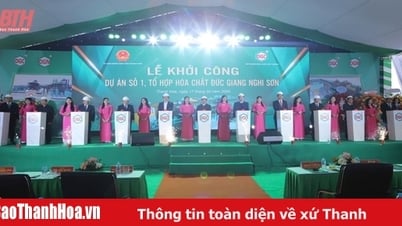




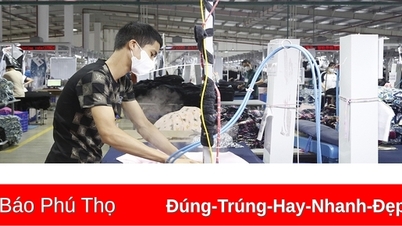




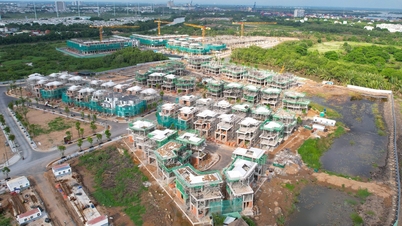
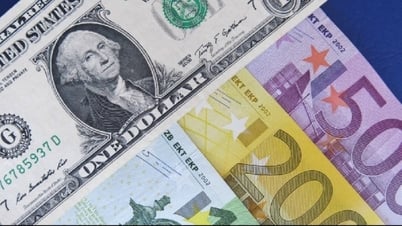



































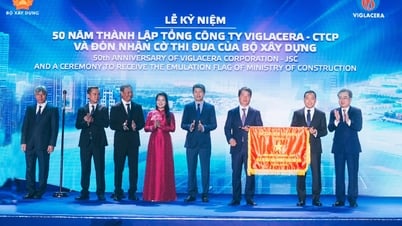
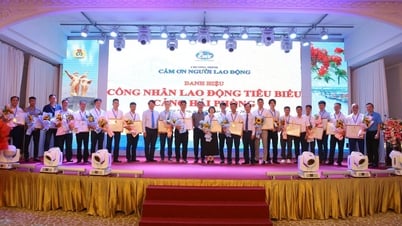








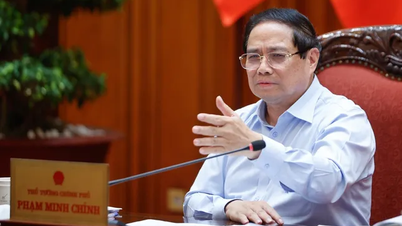





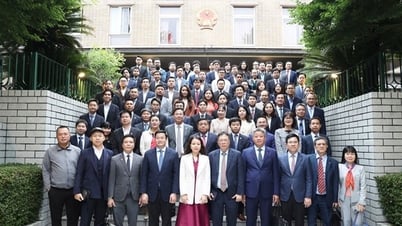

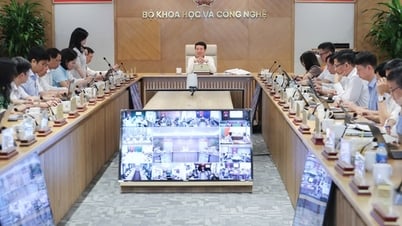

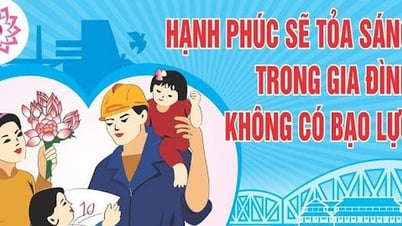


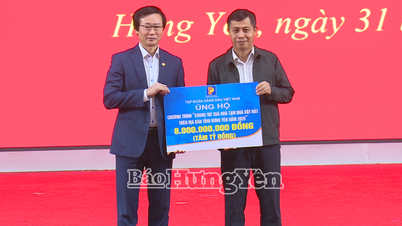





















Comment (0)